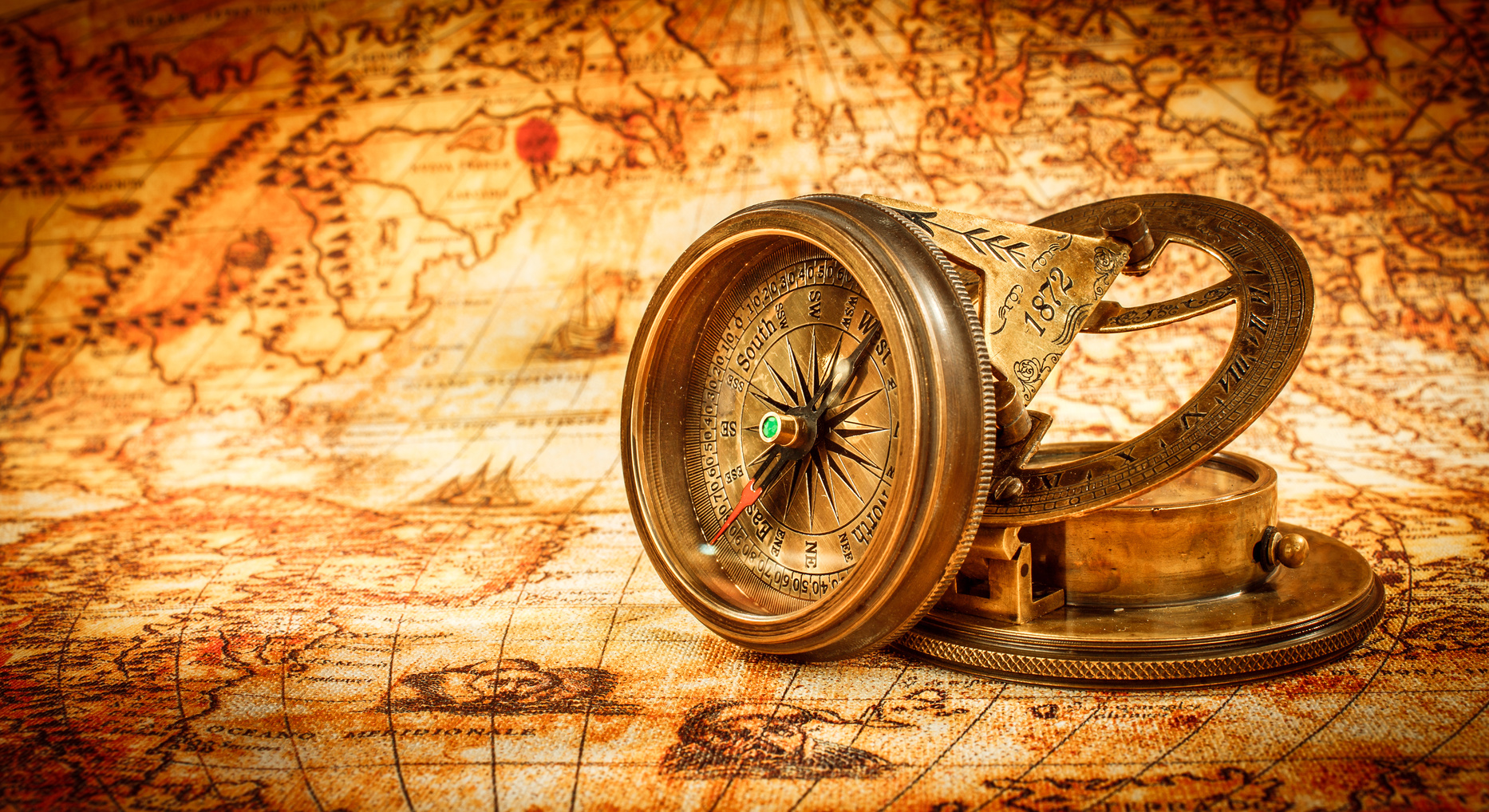Table of Contents
- Home | Faculty of History
- Lesson planning: Five ways to diversify the history curriculum
- The Historical Context of the Novel - CONSPIRACY SUISSE
- History - OER4
- Is AP U.S. History Biased? Take This Quiz and See! | HuffPost
- History/Social Studies | Conejo Valley Tutor
- History Compilation Seven - YouTube
- Another Look at History - Virtual Mirage
- 20 Successful strategies for teaching GCSE History
- Important Indian history books for competitive exams in Hindi - Google ...

For over a century, National Geographic has been a pioneer in exploring the world's most fascinating cultures, histories, and landscapes. The organization's commitment to documenting and preserving our planet's rich heritage has made it a household name, synonymous with adventure, education, and conservation. In this article, we'll delve into the captivating world of National Geographic's history and culture, highlighting the most significant milestones, achievements, and initiatives that have shaped the organization into what it is today.


A Brief History of National Geographic

National Geographic was founded in 1888 by a group of visionaries, including Gardiner Greene Hubbard, who aimed to promote geographic knowledge and exploration. The organization's early years were marked by groundbreaking expeditions, including the discovery of the North Pole and the first ascent of Mount Everest. Over time, National Geographic expanded its scope to include photography, filmmaking, and publishing, cementing its position as a leader in the world of exploration and education.


Cultural Significance and Impact

National Geographic's cultural impact extends far beyond its iconic yellow border. The organization's publications, films, and documentaries have inspired generations of explorers, scientists, and conservationists, shaping the way we think about the world and our place within it. From the majestic landscapes of Africa to the vibrant streets of Asia, National Geographic has brought the world's diverse cultures and traditions to our doorstep, fostering a deeper understanding and appreciation of our shared humanity.


Conservation Efforts and Initiatives
National Geographic is committed to preserving the world's natural and cultural heritage for future generations. The organization's conservation efforts focus on protecting endangered species, preserving historic sites, and promoting sustainable tourism practices. Initiatives such as the Pristine Seas project, which aims to protect the world's oceans, and the Last Wild Places initiative, which seeks to preserve the world's most threatened ecosystems, demonstrate National Geographic's dedication to safeguarding our planet's precious resources.

Exploring the World Through National Geographic
Today, National Geographic offers a wide range of resources and experiences that allow us to explore the world from the comfort of our own homes. From the National Geographic website and social media channels to the organization's award-winning documentaries and films, there are countless ways to engage with the world's most fascinating cultures, histories, and landscapes. Whether you're a seasoned explorer or just starting to plan your next adventure, National Geographic is the perfect companion for anyone curious about the world and its many wonders.
In conclusion, National Geographic's history and culture are a testament to the power of exploration, education, and conservation. As we continue to navigate the complexities of our increasingly interconnected world, National Geographic remains a trusted guide, inspiring us to care about the planet and its inhabitants. Join the journey and discover the wonders of the past, present, and future with National Geographic.
Follow National Geographic on social media to stay up-to-date with the latest news, stories, and initiatives:
Together, let's uncover the secrets of our world and work towards a brighter, more sustainable future for all.